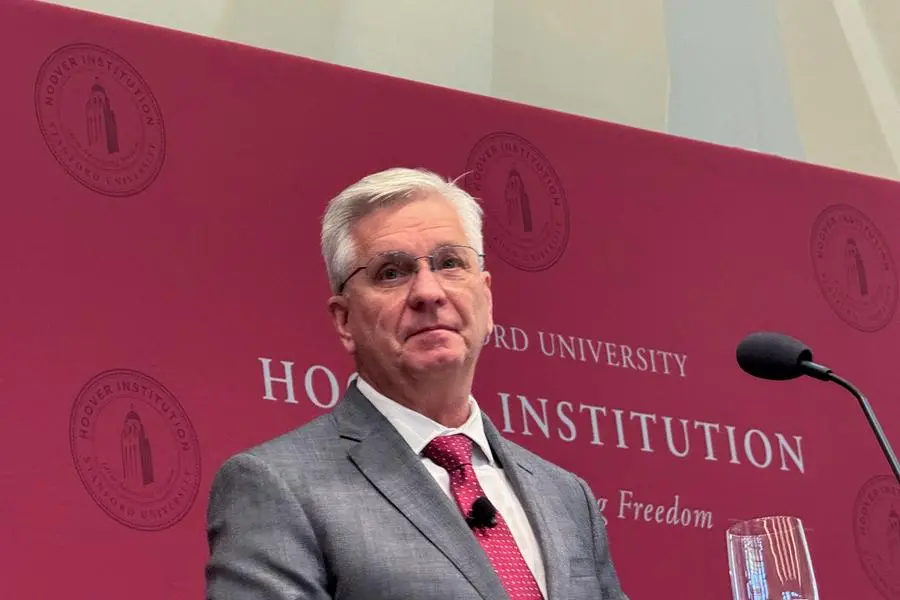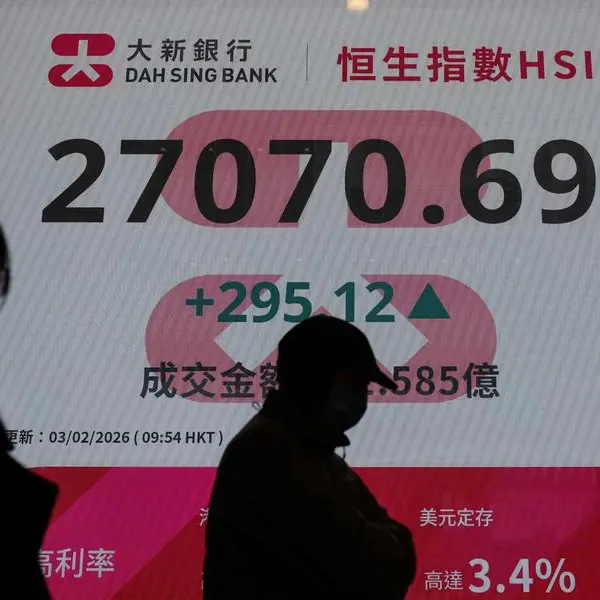PHOTO
PALO ALTO, California: Citing recent data showing an uptick in inflation and a U.S. economy and labor market that are stronger than previously thought, Federal Reserve Governor Christopher Waller on Monday called for "more caution" on interest-rate cuts ahead.
"Whatever happens in the near term, my baseline still calls for reducing the policy rate gradually over the next year," Waller said in remarks prepared for delivery to a Shadow Open Market Committee conference at Stanford University's Hoover Institution. The Fed's policy rate is restrictive, the labor market remains healthy even as labor demand is moderating, and inflation is "in the vicinity" of the Fed's 2% target.
But after the Fed cut the policy rate by a bigger-than-expected half-of-a-percentage point in September, the Fed should now proceed at a "deliberate pace" as long as the labor market doesn't deteriorate suddenly and inflation continues to head downward as he expects, Waller said.
"I view the totality of the data as saying monetary policy should proceed with more caution on the pace of rate cuts than was needed at the September meeting," Waller said, noting recent revisions in the economic data show households still spending resources and that lower rates may release "pent-up demand" for big-ticket items. "I will be watching to see whether data, due out before our next meeting, on inflation, the labor market and economic activity confirms or undercuts my inclination to be more cautious about loosening monetary policy."
In the near term, Waller warned, the recent hurricanes and the strike at Boeing Inc could make job market readings difficult, stripping perhaps 100,000 from monthly job gains in October, he estimated. But looking ahead, he predicted, job growth should moderate gradually, with the unemployment rate drifting upward but staying historically low.
If inflation rises unexpectedly, he said, the Fed could pause rate cuts; if it falls below the Fed's 2% target or the job market cracks unexpectedly, the Fed could front-load rate cuts.
But if all goes as he expects, "we can proceed with moving policy toward a neutral stance at a deliberate pace" so as to avoid slowing the economy unnecessarily.
The message from him and most of his fellow policymakers, he said, is that "there is a considerable extent of policy restrictiveness to remove, and if the economy continues in its current sweet spot, this will happen gradually." (Reporting by Ann Saphir; Editing by Andrea Ricci)




















